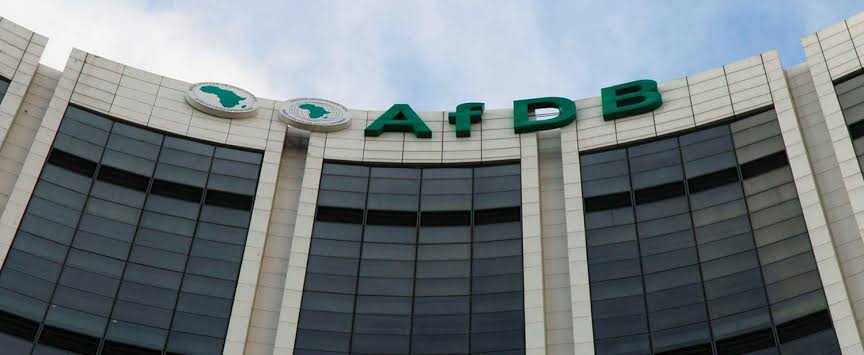The African Development Bank (AfDB) will be funding a new data center in the Republic of Congo. The three-storey data center in the Bacongo district of Brazzaville, will house the national data center designed to store and process the digital data of the Central African nation.
The construction will include a 600-kilometer fiber optic cable on the major interconnecting routes with Cameroon (341 km) and the Central African Republic (281 km) via the Congo River, and with the data center, will cost $72.8 million. The African Development Bank (AfDB) has committed to $57 million in funding, about 78%, while the Republic of Congo’s government will cover the balance 22% of $15.8 million.
The fiber data Center, as it has been dubbed, promises to serve as a pivotal hub for digital infrastructure, catering to the burgeoning demands of data storage, processing, and dissemination.
“Congo will soon be the only country in Central Africa to have its own data centre,” said Michel Ngakala, coordinator of the Central Africa Fibre-Optic Backbone project, which includes Congo, who stressed that its videoconferences will now run locally, instead of going through servers outside the continent.
“This project will cement the country’s digital sovereignty, because we cannot claim to be sovereign when our data, even the most sensitive data, is stored outside our territory, in foreign countries, with real risks of misuse, violation, or massive leaks,” he continued.
The new data center will allow all public data to be stored in Congo, as well as the data of banks, telecom operators, and private firms.
Samatar Omar Elmi, chief ICT specialist at the African Development Bank, said: “The availability of locally produced data will pave the way for a virtuous circle of local value creation that will benefit the entire digital ecosystem (public, private, etc.) in our countries. These are the initial stages of a digital circular economy that will contribute to the low-carbon development of our continent.”
Data sovereignty seems to be a major issue for Congo, as its recently completed data center, owned by the telecommunications regulator, Postal and Electronic Communications Regulatory Agency (ARPCE), was also built to address this. Louis-Marc Sakala, Director General of ARPCE, had said the data center will cater to Congo’s data storage and sovereignty requirements by hosting local data within the country. “The data center will thus solve for the Congo this global problem that other countries still encounter, that of the storage and security of so-called sovereign data.”





